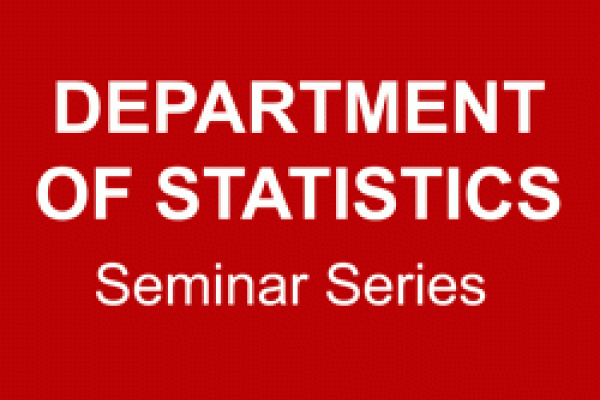
Title
Analysis of Case-Control Data: A Bayesian Perspective
Speaker
Dr. Bhramar Mukherjee, University of Michigan
Abstract
Case-control studies are a dominant form of analytic research in epidemiology. The Bayesian paradigm offers possibilities for flexible, hierarchical modeling of case-control data and incorporating prior scientific knowledge. I will illustrate advantages of the Bayesian approach by two examples. The first one considers modeling of matched case-control data with disease sub-classification within the cases and potential missingness in covariates. An interesting and relatively unexplored class of categorical outcome models called the stereotype regression model will be used. The second example discusses the issue of relaxing scientifically plausible constraints like gene-environment independence in analysis of case-control genetic association studies. The methods are illustrated via analyzing data from a population-based matched case-control study of colorectal cancer.
Meet the speaker in Room 212 Cockins Hall at 4:30 PM. Refreshments will be served.
